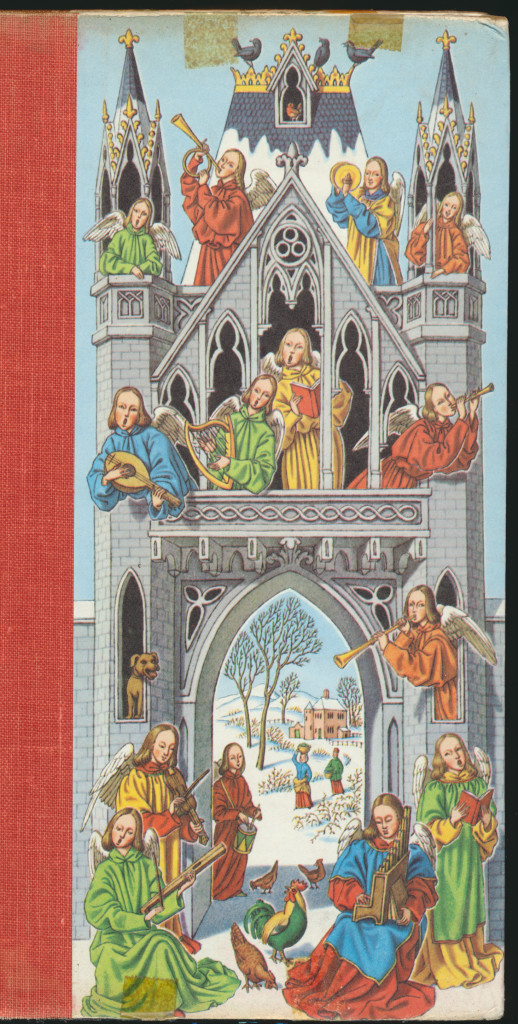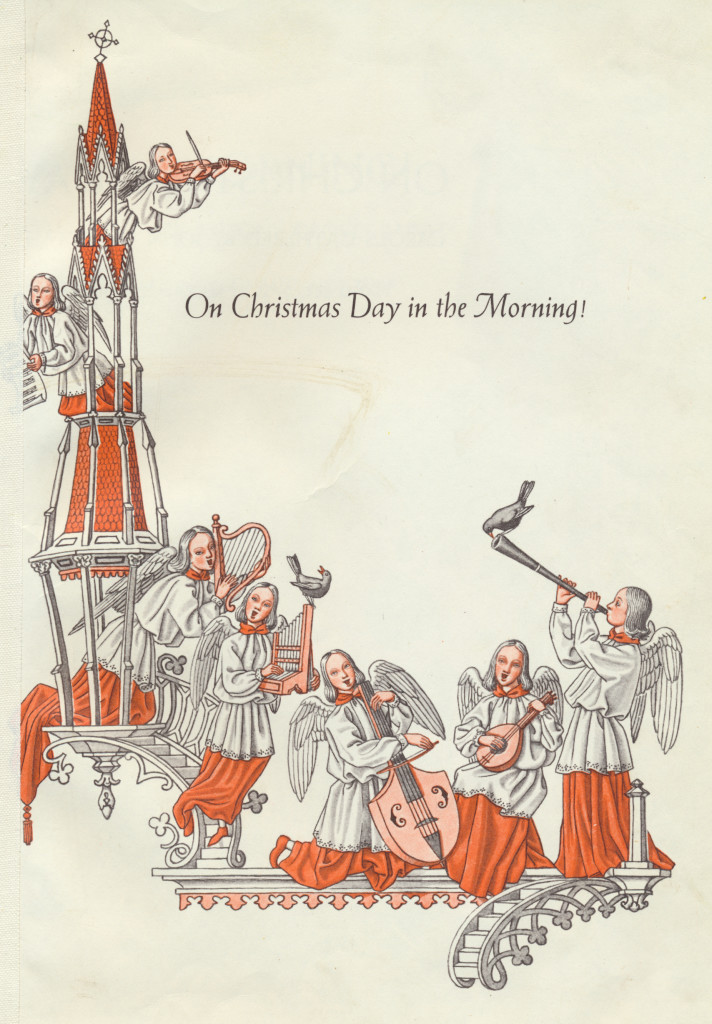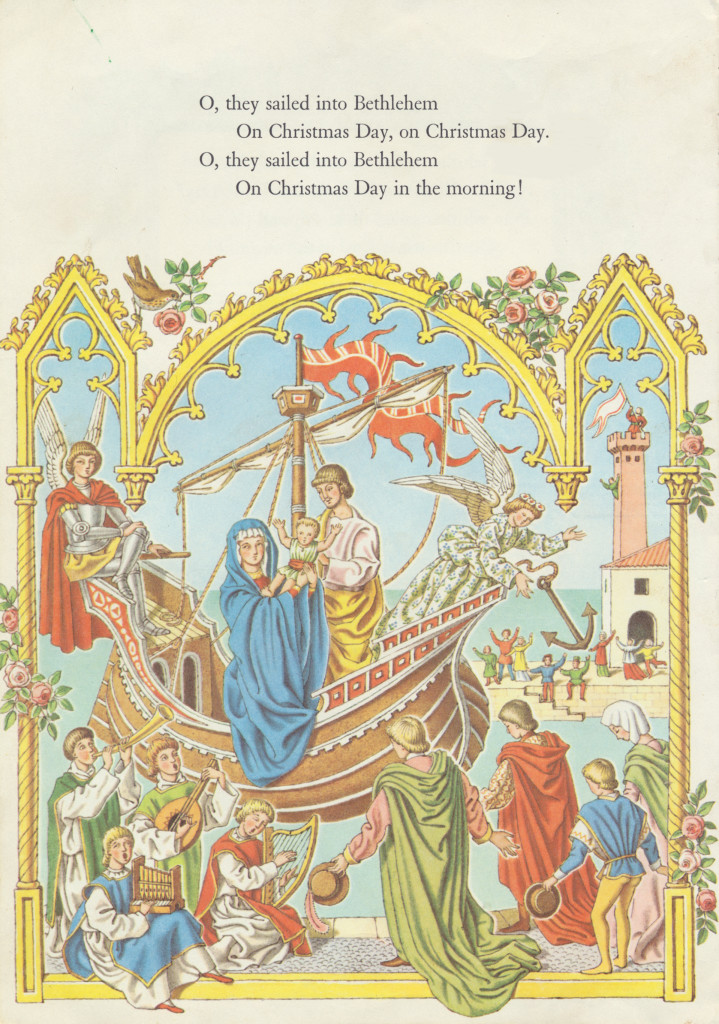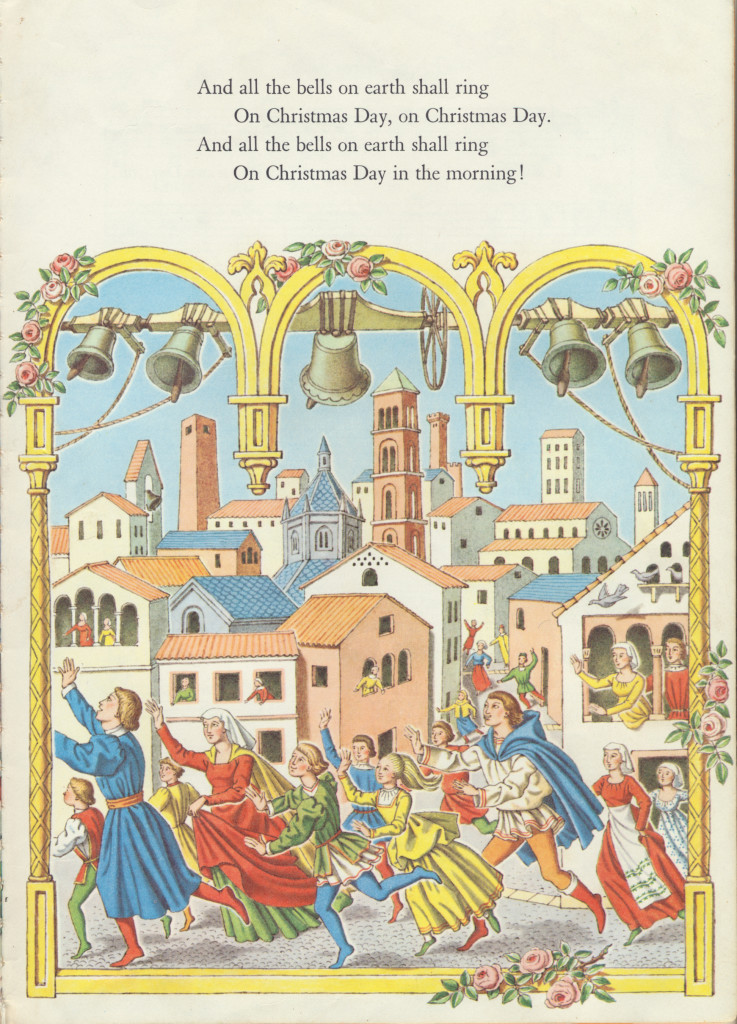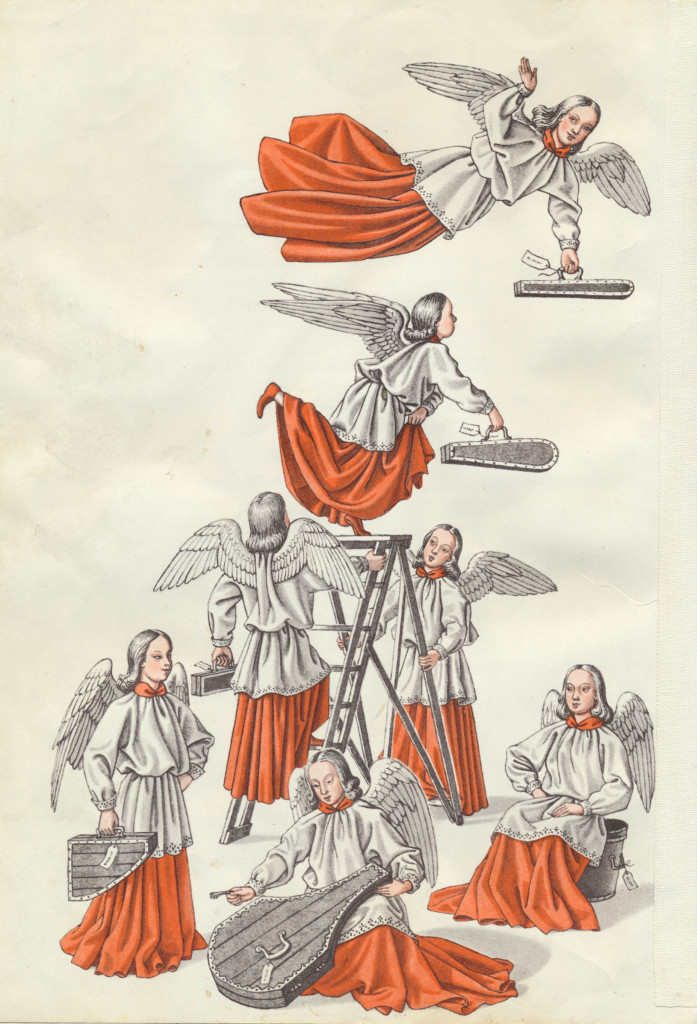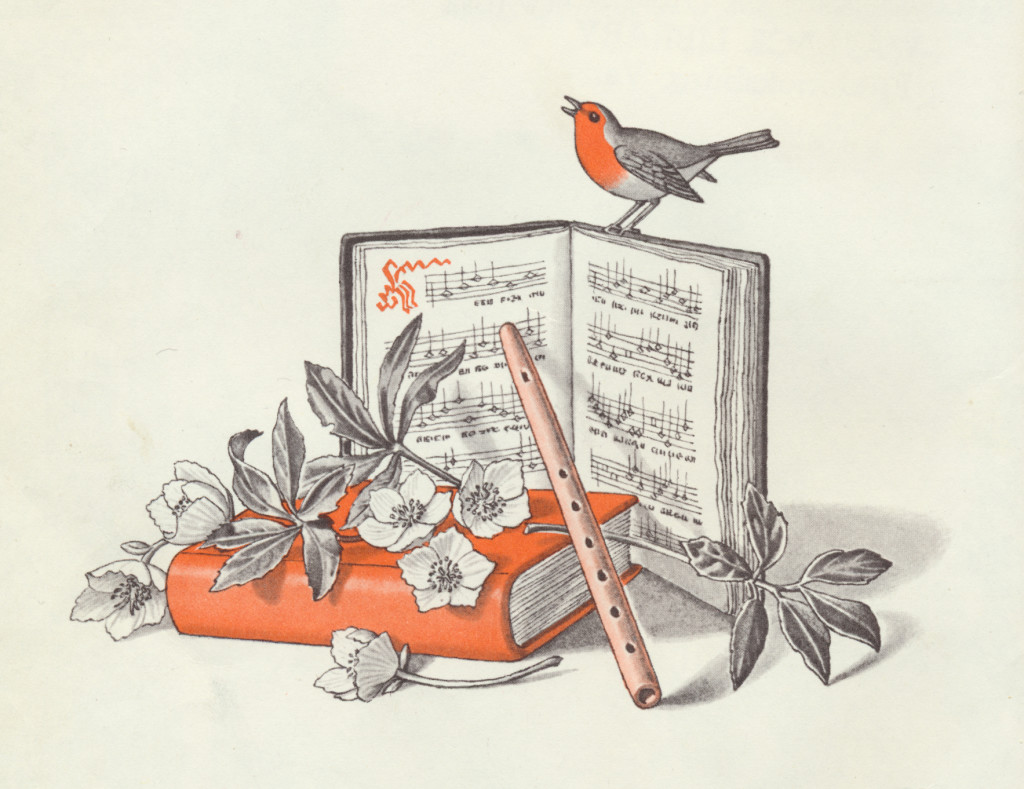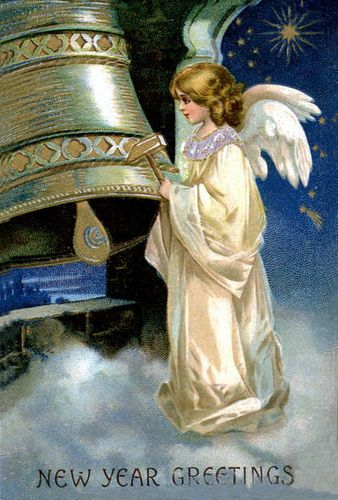The seventy returned with joy, saying, “Lord, even the demons are subject to us in your name!” And he said to them, “I saw Satan fall like lightning from heaven. Behold, I have given you authority to tread upon serpents and scorpions, and over all the power of the enemy; and nothing shall hurt you. Nevertheless do not rejoice in this, that the spirits are subject to you; but rejoice that your names are written in heaven.”
In that same hour he rejoiced in the Holy Spirit and said, “I thank thee, Father, Lord of heaven and earth, that thou hast hidden these things from the wise and understanding and revealed them to babes; yea, Father, for such was thy gracious will.
The seventy were giddy with excitement. They had experienced power and they had done great work. They knew the source of that power: “Lord, even the demons are subject to us in your name!” They were charged up, ready to go again–you can practically hear them exclaiming, “Whoa! It was awesome!” And it must have made Jesus smile.
He gives them a caution, redirecting their joy to its true source in saving grace, but that doesn’t erase the pleasure he surely feels. Later that same hour, he rejoices in God’s presence that these openhearted seventy have taken it in whole.
I love reading about that moment when Jesus was happy. He spent so much time trying to get the message across to people who couldn’t, or wouldn’t, listen or understand that the kingdom had come near. Saying the same thing over and over, coming up with so many parables, explaining the scriptures, sparring with skeptics–just imagining the effort is exhausting.
But this day is different. God gave them an opportunity, and people grasped a revelation. Like excited children they returned with joy, and Jesus, with tender affection, rejoices and gives thanks.

